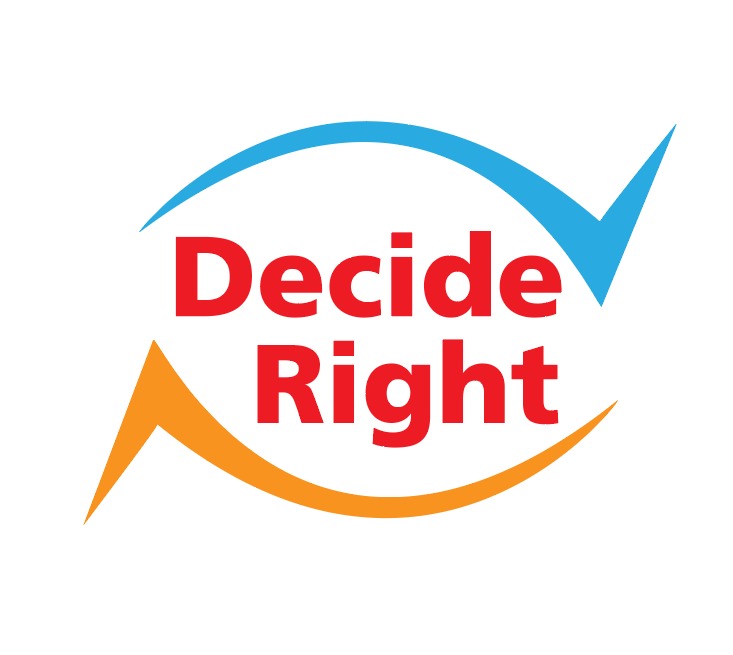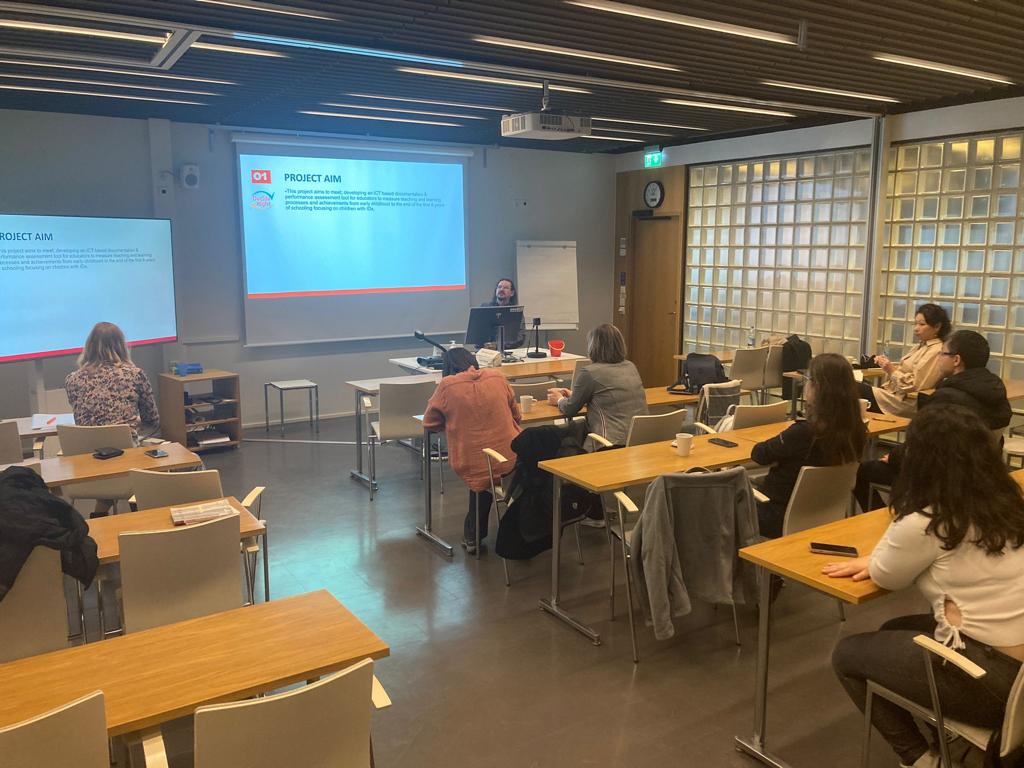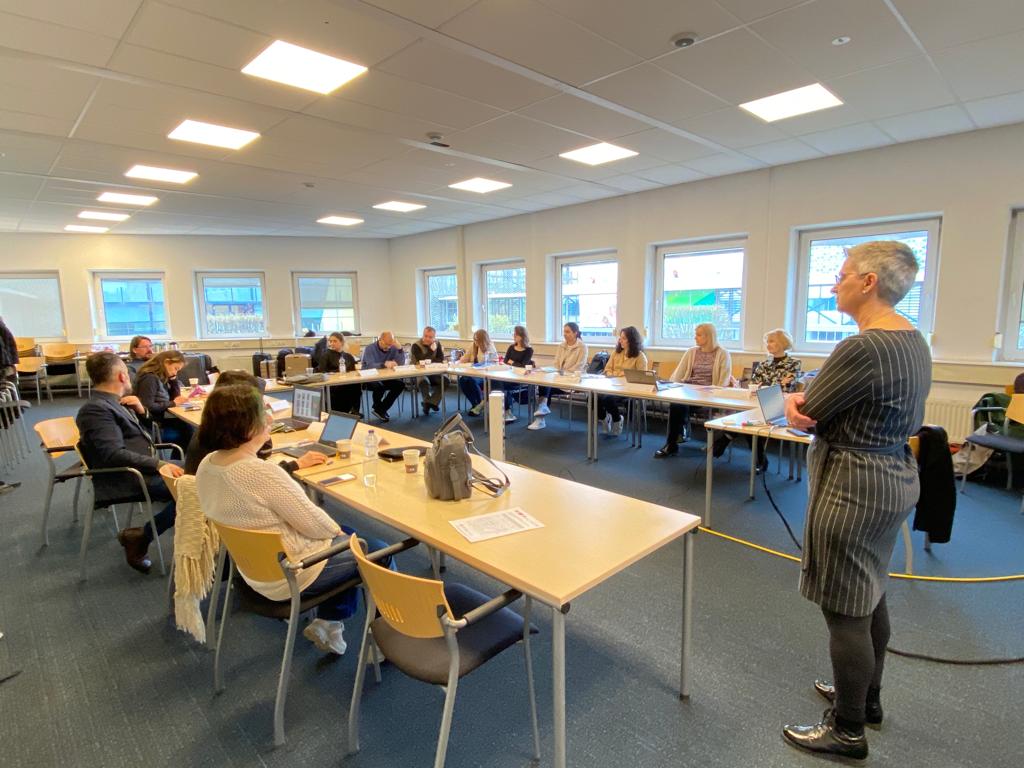| Total Budget | € 212.870 |
| Start date | January 2021 |
| End date | June 2023 |
| Website |
Funding programme:
- Erasmus+
- Key Action 2
- Cooperation Programme
Lead partners:
- GAZI University of Ankara
Full partners:
- ZICEV (Foundation)
- PIKOMTEK (Foundation)
- Turkish Ministry of National Education
- Hacettepe University of Ankara
- Eastern University of Finland
- Windesheim University of Applied Sciences



About the project
To improve the quality of education, teachers should be able to make effective decisions about students’ individualized plans (IEPs) with the standards and criteria set in well-designed data collection and documentation. This project provided in-service training programs to develop competence in student assessments, and a website for dissemination.
More information
The role of educators in fostering an inclusive learning environment for all students is of paramount importance. Unfortunately, novice educators may not always possess the necessary skills to create such an environment. The academic success of a child is heavily reliant on the quality of their education, which necessitates thorough documentation, evaluation, and follow-up from the onset of their early childhood education. To enhance the quality of education, educators must be capable of making well-informed decisions about individualized education plans (IEPs) that align with established standards and criteria. This process, often referred to as data-driven decision-making, should be informed by comprehensive data collection and documentation. By providing quality education, we can ensure that all students have equal opportunities and access to resources in the classroom.
The classroom environment must be capable of providing varying degrees of support for children who require different levels of service and assistance. This is often referred to as a multi-tiered system within a school, which necessitates efficient data collection and decision-making. It is crucial for schools to be more inclusive and supportive of their learning environments. Therefore, it is essential for teachers to enhance their skills in data recording and utilizing the data in decision-making and capacity building. This project aimed to address this issue by focusing on the development of capacity in teachers. Data-driven decision making involves utilizing collected data in decision-making processes. Through capacity development, teachers are taught how to record observations accurately. By analyzing the data, teachers can make informed decisions that benefit all children in their classrooms, including those with special educational needs and disabilities (SEND). The development of an artificial intelligence-based app could assist teachers in making decisions based on collected data, creating an equal learning environment for all children. A needs assessment study was performed, although it was not initially proposed in the proposal. A mixed-method approach was adopted, comprising a survey administered to teachers and focus group discussions. The collected data has been analysed, and a draft manuscript has been prepared for publication. Furthermore, two training programs were conducted in Finland and the Netherlands. In Finland, the team received training on student evaluation and subsequently implemented these skills in actual classroom settings. Subsequently, in the Netherlands, the focus was on creating school and classroom environments that support data-driven decision-making. The DECIDE RIGHT project also involved the development of a practical application.
Contact
Sui Lin Goei PhD, Professor of Inclusive Learning Environments
sl.goei@windesheim.nl


